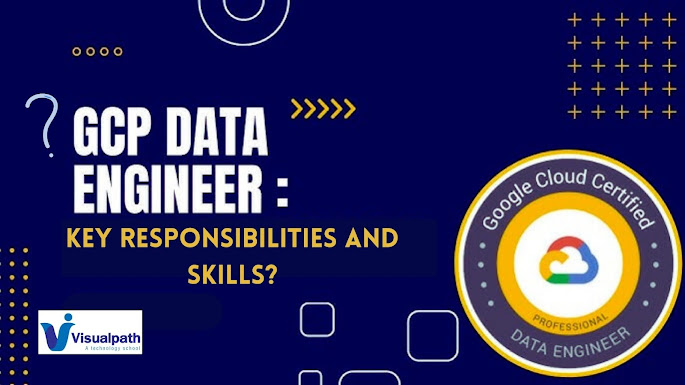What is GCP Data Engineering? & Key components and services
.jpg)
What is GCP Data Engineering? Google Cloud Platform (GCP) Data Engineering refers to the set of tools, services, and practices provided by Google Cloud for designing, building, and maintaining data processing systems. GCP provides a comprehensive set of data engineering services that enable enterprises to efficiently and scalable acquire, process, store, and analyze enormous amounts of data. These services cater to various data engineering needs, including data integration, transformation, storage, and analytics. - Google Cloud Data Engineering Course Key components and services within GCP Data Engineering include: BigQuery: Google's fully managed, serverless data warehouse allows for quick SQL queries that take advantage of Google's infrastructure's processing capacity. It's suitable for analyzing large datasets. Cloud Dataprep: A cloud-based data preparation service that helps clean, enrich, and transform raw data into a more structured format for analysis. - Goo



.jpg)
